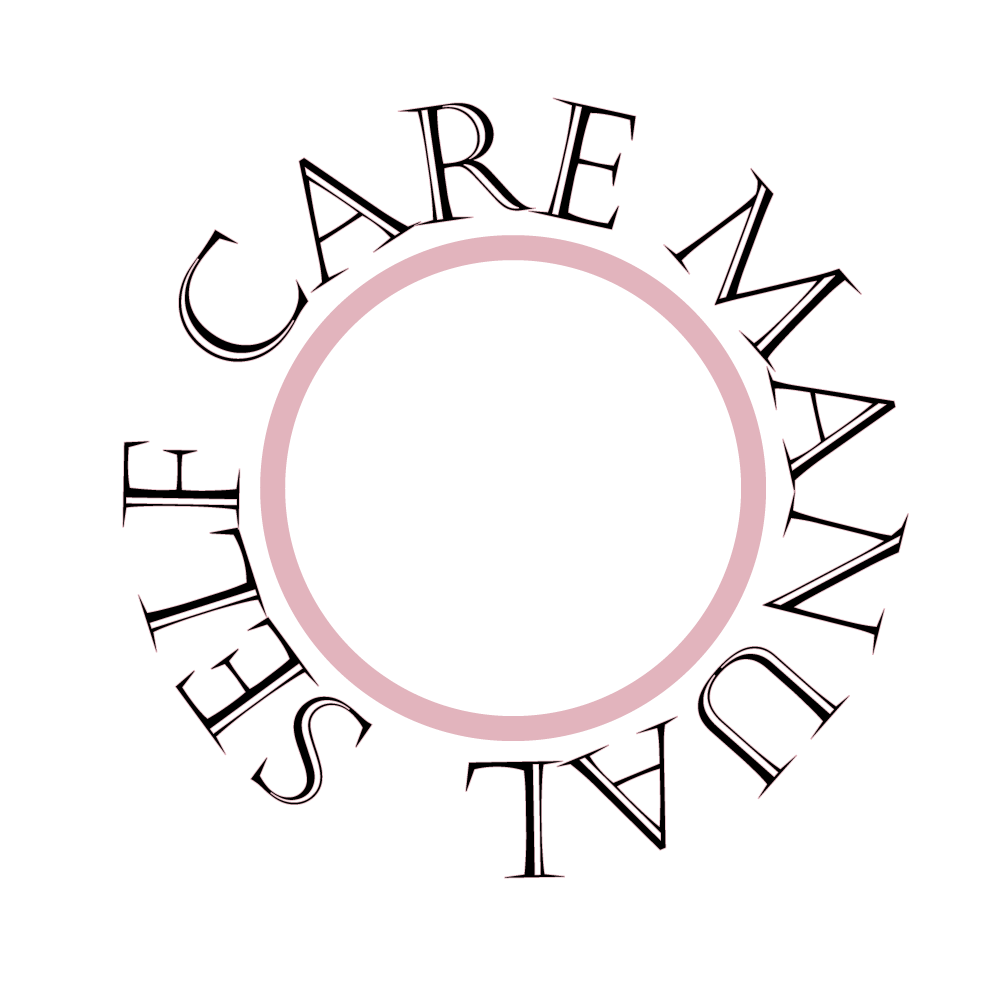Breaking Through: Overcoming Self-Doubt and Imposter Syndrome
Do you ever find yourself scrolling through social media, convinced that everyone else has their life figured out while you're still navigating the maze of uncertainties? It's like being in a league where everyone seems to have a clear game plan, leaving you questioning your own journey.
If feelings of inadequacy and the fear of being exposed as an imposter resonate with you, know that you're not alone.
In this post, we'll delve into the realms of self-doubt and imposter syndrome, offering guidance on how to rise above and embrace the confidence within. Remember, it's perfectly okay to ask for help. Every individual, no matter how successful, makes mistakes and is allowed to learn from them.
Unmasking Imposter Syndrome
Imposter Syndrome, a term coined by psychologists Pauline Rose Clance and Suzanne Imes in their groundbreaking 1978 research paper, "The Imposter Phenomenon in High Achieving Women: Dynamics and Therapeutic Intervention," refers to a pervasive feeling of inadequacy despite evidence of success.
The research primarily focused on high-achieving women, shedding light on the internal struggle faced by those who, despite external accomplishments, harbor a persistent fear of being exposed as a fraud. The term has since become a crucial aspect of understanding the psychological challenges many individuals, especially women, encounter on their paths to success.
Here is how the research phrased the issue:
”In the past five years we have worked in individual psychotherapy, theme-centered international groups, and college classes with over 150 highly successful women -- women who have earned PhDs in various specialties, who are respected professionals in their fields, or who are students recognized for their academic excellence. However, despite their earned degrees, scholastic honors, high achievement on standardized tests, praise and professional recognition from colleagues and respected authorities, these women do not experience an internal sense of success. They consider themselves to be “impostors.””
In the next section, we'll explore how recognizing and understanding these feelings is the first step towards overcoming the grip of self-doubt and embracing one's true capabilities.
Tracing the Roots of Self-Doubt
The study conducted by Clance and Imes sheds light on a crucial aspect – the disconnect between external achievements and internal recognition of success. The women studied, despite their accomplishments, lacked an internal sense of achievement. But why?
Social and Cultural Factors:
Societal expectations and cultural norms play a significant role. From an early age, women are often conditioned to downplay their achievements, fostering a sense of unworthiness despite external success.
Patriarchy, with its ingrained gender roles, can undermine a woman's confidence in her abilities. The societal message that women should conform to traditional roles and prioritize nurturing over ambition can lead to internal conflict when pursuing high-level achievements.
Ambition, when exhibited by women, is sometimes met with resistance. The societal narrative, consciously or unconsciously, may discourage women from aspiring to top positions or pursuing ambitious goals. This subtle discouragement contributes to a mindset where success feels undeserved, perpetuating the imposter phenomenon.
Cultural aspects can have a significant impact on imposter syndrome. People who have mixed ethnic, racial, or cultural backgrounds and who are often made to feel that they do not belong in any of the communities to which they are connected are more likely to experience cultural imposter syndrome. Essentially, the more marginalized a group is in society, the more likely people from that group are to experience imposter syndrome. The connection that gets talked about most often seems to be imposter syndrome and women, but as studies have found, it can be experienced by both men and women, and it is ethnic minorities that are most at risk.
Why You Should Not Compare Yourself to Others
Every individual is on a unique journey, shaped by personal experiences, challenges, and triumphs. That is why it doesn’t make sense to compare yourself to people around you. Of course, it’s easy to understand this, but it is very difficult to do so.
Rather than trying to stop one type of behaviour, try enforcing another - like cultivating self compassion.
Actively acknowledge and celebrate your own milestones, how every small they may be.
Moreover, recognizing the individuality of your journey is not about dismissing the accomplishments of others but appreciating that success takes various forms. And as you actively cultivate self-compassion, the realization dawns that your story is distinctive, valuable, and entirely your own.
Here are some reasons why comparing yourself to others can be bad:
Turning others' successes into your own shortcomings: Comparing yourself to others can lead to feelings of inadequacy and self-doubt, as you may perceive your accomplishments as less significant or achieved through luck. This can fuel imposter syndrome and cause you to question your abilities and competence.
Self-sabotage: Comparison syndrome can lead to self-sabotage, as you may subconsciously undermine your own success or hard work to avoid feeling superior to others. This can manifest as procrastination, avoidance, or setting inappropriate goals.
Increased stress and emotional instability: Comparing yourself to others can contribute to higher stress levels, emotional instability, and a lack of self-confidence. These emotions can exacerbate imposter syndrome and make it more difficult to overcome.
Negative impact on mental health: Constantly comparing yourself to others can lead to feelings of resentment, anger, and frustration. These emotions can negatively impact your mental health and contribute to imposter syndrome.
Reduced focus on personal growth: Focusing on others' successes can distract you from your own personal growth and achievements. Instead of celebrating your accomplishments and recognizing your strengths, you may become fixated on the idea that you are not measuring up to others.
What is the Best Way to Overcome Imposter Syndrome?
Embrace Your Emotions: Begin by acknowledging the feelings of self-doubt and questioning. Understand the origin of these emotions, paving the way for self-awareness.
Share your Feelings with those you Trust: Talking about your experiences not only provides valuable perspective but also creates a support system that helps navigate through challenges.
Make a Response Plan: Arm yourself with a quick-response strategy to counter self-doubt and negative thoughts. Having a plan in place empowers you to face these moments head-on.
Recognize Your Strengths: Take stock of your strengths and areas for development. Understanding both aspects contributes to a balanced self-perception.
Say No to Perfectionism: Set realistic goals and accept that making mistakes is an inherent part of the learning process. Grant yourself the grace to learn and grow from challenges.
Shared Experiences: Acknowledge that imposter syndrome is not a solitary struggle. Many successful individuals face similar challenges. Knowing you're not alone can be a source of encouragement.
Cultivate a Supportive Circle: Surround yourself with people who uplift and encourage you. Building a network of support fosters an environment conducive to personal and professional growth.
Celebrate Your Triumphs: Regardless of their size, recognize and celebrate your accomplishments. Each success, no matter how seemingly small, contributes to your journey of self-discovery and empowerment.
It's crucial to remember that the journey to self-empowerment is a process, not a destination. The realization that you are not alone in these feelings and that societal expectations, cultural factors, and personal experiences all play roles in shaping them is a powerful first step.

